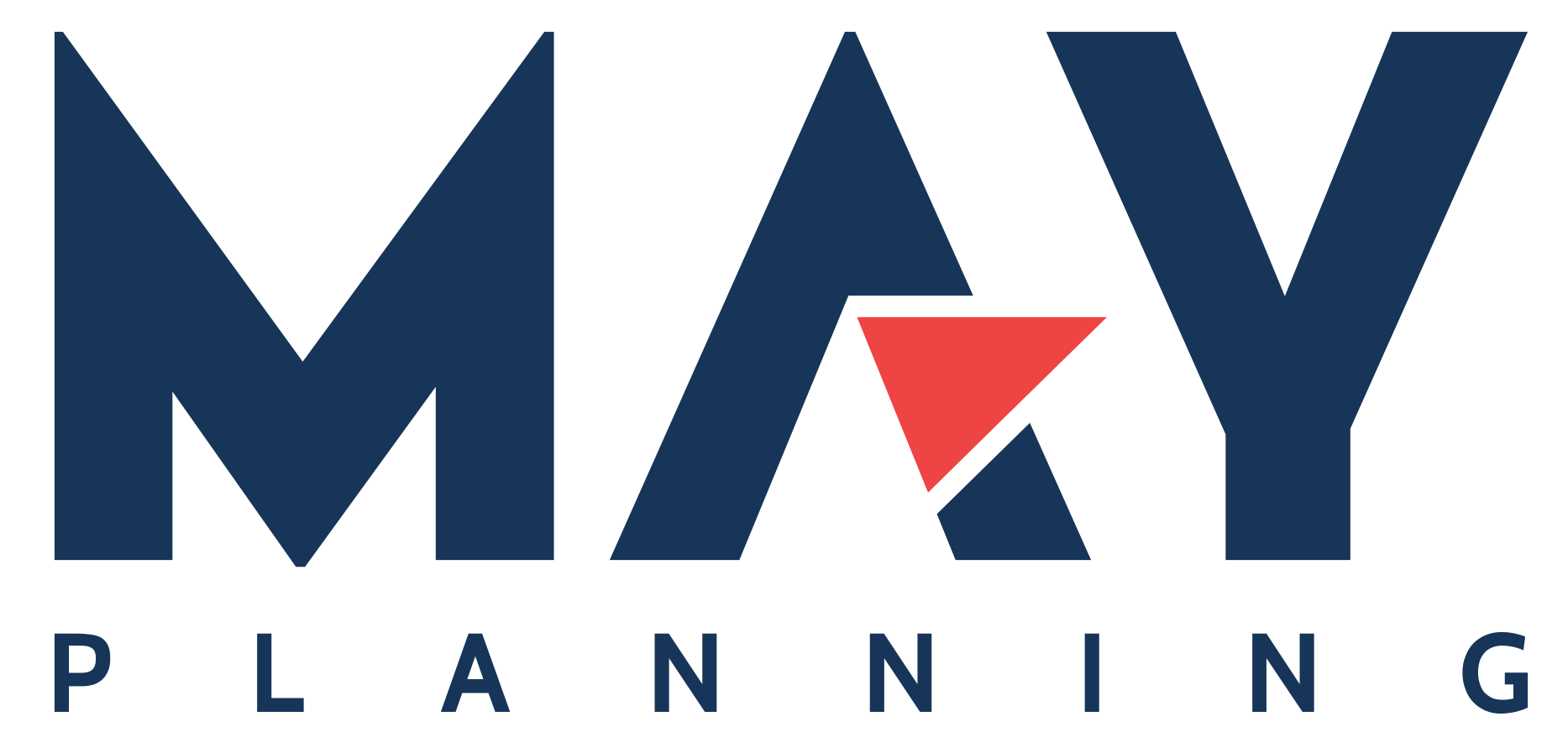The Future of Talent Development Transformed by AI: The Power of Personalized Learning
With the evolution of AI, talent development has entered a new dimension. Personalized learning experiences tailored to each employee are enhancing the efficiency of skill-building while strengthening the overall competitiveness of organizations. This article explores the forefront of AI adoption in Hong Kong and Singapore, highlighting its impact, concrete case studies, and key insights for building future-oriented talent strategies.
Personalized Learning Enabled by AI
The Benefits of Personalized Learning
AI provides learning experiences customized to the needs of each employee. By analyzing past performance data, identifying weaknesses, and recommending the most suitable materials or tasks, it enables more efficient skill acquisition. As a result, both motivation and learning outcomes improve.
In addition, AI helps eliminate the inefficiencies of traditional one-size-fits-all training, making it possible to deliver short, intensive programs focused on the skills that matter most. This approach reduces both cost and time while raising employee capabilities.
Through real-time feedback, employees can better track their progress and take greater ownership of their learning. This feedback mechanism also clarifies strengths and weaknesses and supports the planning of actionable next steps.
Enhancing Strategy Through Data Analytics
AI analyzes learning data to evaluate training programs and pinpoint areas for improvement. This data-driven approach maximizes the return on investment (ROI) in talent development. It also enables the creation of optimized learning paths for employees from diverse backgrounds, fostering an inclusive environment that supports innovation and competitiveness across the organization.
Case Example: Nojima’s “AI Mentor”
In Japan, electronics retailer Nojima has introduced an “AI Mentor” trained on the company’s management philosophy. The system provides employees with advice aligned with corporate values, promoting shared understanding and cultural integration. This initiative not only helps employees shape individual action plans but also unifies direction across the entire workforce.
Streamlining Skill Assessment and Development
AI makes skill assessment faster and more accurate. By analyzing large volumes of data, it identifies individual strengths and weaknesses and delivers customized training accordingly. Employees receive the most relevant learning materials and methods based on their progress, ensuring both efficient and effective skill enhancement.
Furthermore, AI measures the effectiveness of training by quantitatively evaluating performance improvements after completion. This allows companies to continuously implement talent development strategies aligned with the latest business needs.
Impact on HR Functions
AI automates processes such as skill assessment and training management, easing the administrative burden on HR departments. This enables HR professionals to focus on strategic initiatives, ultimately boosting organizational productivity.
Building a Culture of Continuous Learning
AI accelerates the updating of learning content, ensuring that training materials reflect the latest industry trends. By analyzing progress and comprehension in real time, it supports the maximization of learning effectiveness. AI tools also foster knowledge sharing across teams, strengthening cross-department collaboration and contributing to the creation of an enterprise-wide learning culture.
Strengthening Competitiveness and Talent Retention
A well-established learning culture allows companies to adapt quickly to market changes. With a workforce that continuously acquires new skills, organizations can maintain competitiveness while also improving retention of top talent.
Emphasizing Human–AI Collaboration
AI takes on repetitive tasks, allowing humans to focus on creative problem-solving. This collaborative relationship simultaneously supports employee skill development and the cultivation of a strong learning culture. By providing learning environments tailored to diverse needs, AI helps foster innovation.
It also facilitates adaptation to corporate culture by enabling employees to engage with new technologies flexibly and proactively. This creates an environment where the entire organization can thrive and grow.
Talent Development Through AI in Hong Kong and Singapore
Hong Kong
In Hong Kong, the government is actively supporting both AI adoption and talent development. Organizations such as the Hong Kong Science and Technology Parks (HKSTP) and Cyberport are at the forefront, strengthening support for startups and technology companies. This has led to a rise in AI-related startups and encouraged greater use of AI technologies within enterprises.
Hong Kong’s universities are also recognized as leading hubs for AI research in Asia. In partnership with businesses, they provide training programs that enable students and young researchers to learn cutting-edge technologies and acquire practical skills, further boosting the talent pipeline.
Singapore
In Singapore, under the “Smart Nation 2.0” strategy, AI adoption and talent development are positioned as key pillars. The government is intensifying its support for small and medium-sized enterprises (SMEs), helping them integrate AI into business processes. This enables companies to improve operational efficiency and develop new services.
At the same time, digital skills training programs are being rolled out, offering employees opportunities to gain expertise in AI, data analytics, and programming. These initiatives ensure that the workforce can keep pace with rapid technological advancements.
Summary
AI not only accelerates employee skill development through personalized learning but also contributes to enhancing competitiveness and strengthening talent retention. By leveraging AI effectively, companies can build a learning culture that combines efficiency with creativity, unlocking long-term growth potential.
Feel free to contact us
At MAY Planning, we provide advisory services on AI adoption strategies. We also support the design of technical training programs and help organizations maximize ROI in human capital development.
Source:
1)社員育成にAIを活用、人事担当者が気を付けるべきこと. (2019, September 17). サポネット. https://saponet.mynavi.jp/column/detail/ty_romu_t06_employee-development_210428.html
2)AIがもたらす人材育成の変化【これからの時代を生き抜く企業を作り上げる】. (2024, June 21). RESKILL. https://www.recurrent.jp/articles/planning-idea
3)AI人材育成とは?課題や解決策、企業が行うべき手法を紹介. (2023, November 22). DIGITAL GROWTH ACADEMIA. https://www.dga.co.jp/column/20231122-10/
4)【AI技術の活用と可能性】人材育成におけるAI×タレントマネジメントシステム. (2023, September 8). DX Portal. https://www.dx-portal.biz/ai-talent-management-system/
5)坂本 将磨. (2024, May 31). AI時代のリスキリングとは?その重要性と具体的なステップを解説. AI総合研究所. https://www.ai-souken.com/article/ai-reskilling-in-era
6)未来を見据えたAI戦略. (2024, October 30). APPSWINGBY. https://appswingby.com/it-pickupit-trend/%E6%9C%AA%E6%9D%A5%E3%82%92%E8%A6%8B%E6%8D%AE%E3%81%88%E3%81%9Fai%E6%8


